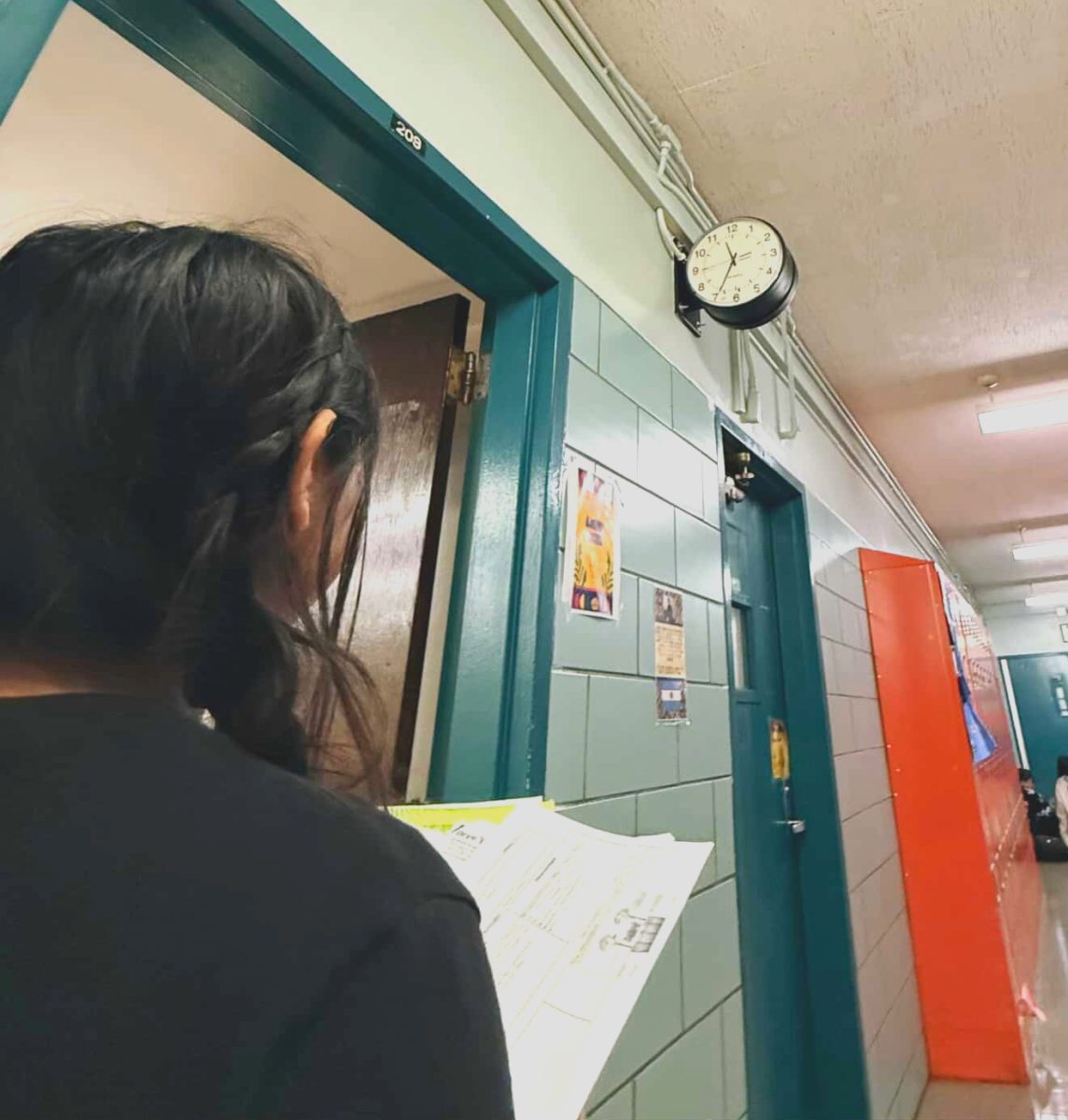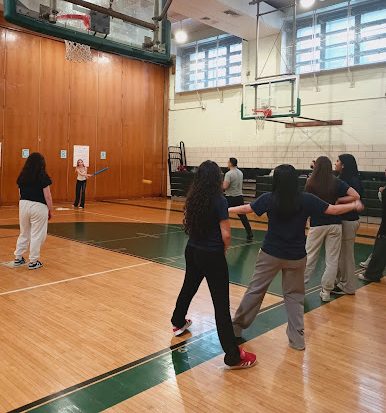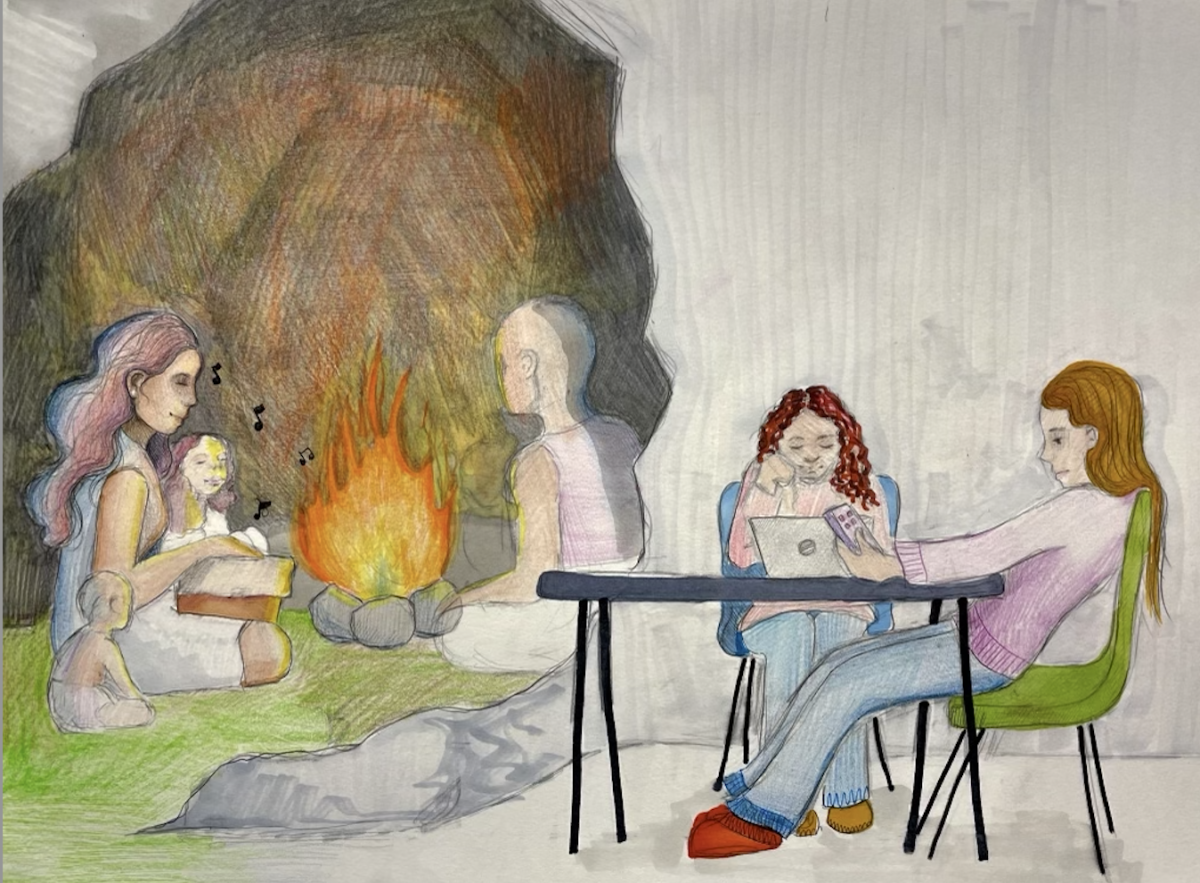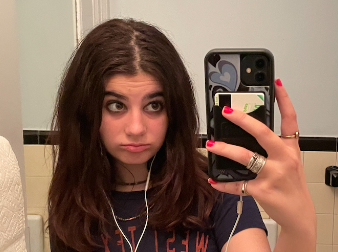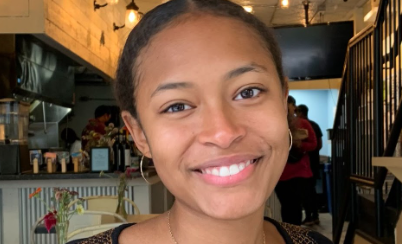Let’s start at the beginning. Since the earliest known humans, before the Egyptians and Mesopotamians, we have communicated. We find new people, discover new things, and– at the heart of it all– create new languages. Interaction is the sole reason humans have been able to preserve our souls for longer. “Early humans could express thoughts and feelings by means of speech or by signs or gestures. They could signal with fire and smoke, drums, or whistles.” (Britannica). Communication is a trait of evolution. By doing so, we learn things. Fire is hot, water is drinkable, and people need people.
In ancient cave art, humans stressed the importance of sticking together. “‘The significance of the painting is not to know that Neanderthals could paint, it’s the fact that they were engaging in symbolism,’ Pike says. ‘And that’s probably related to an ability to have language.’” (History.com). From the birth of the human race, we have connected with each other. So why are we stopping? Why have we begun to lessen our dependence on each other? Why are we drifting so far from what we know? Technology.
Although a valuable and beneficial invention, technology has commenced its destruction of our society. There’s a reason we are taught history in school. It’s the same reason I started my speech at the beginning. We need to acknowledge where we started, so we can see how far we’ve strayed. Technology will be detrimental to the way humans interact with each other as we continue to derive further from our roots.
If I told you right now that Australia is wider than the Moon, what would you do? Would you believe me? Or would you look at me like I was crazy, search it up on your phone, and then provide me with a sheepish look– apologizing for your doubt? I don’t blame you if it’s the second option. Skepticism is how we’ve survived so far as a species. “When we see someone who doesn’t look like us or sound like us, or act like us or love like us or live like us, the first thought that crosses almost everyone’s brain is rooted in either fear or judgment or both.” (Governor J.B. Pritzker, Northwestern Graduation). But at what point do we fully stop trusting others and start relying solely on technology?
In Italy, 1543, Copernicus proposed his new discovery: the Heliocentric Theory, which placed the Sun at the center of the solar system. The Catholic Church condemned him and his theory because it went against the teachings of the Bible. No one cared enough to attempt to do the science themselves. They didn’t have to—the Church only tells the truth. And yet, Copernicus had made one of the greatest discoveries known to man. And it wouldn’t even be accepted by the Catholic Church until 1822. The rise of technology will continue to damage the trust between person and person as we keep blindly following it. We need to learn from our mistakes.
Our well beings depend on how we interact with other people. There’s a reason that when I start to isolate myself, my therapist calls it self sabotage. The heightened use of social media causes distorted perceptions of body image, sex, and more. I am a teenage girl having grown up in the age of technology. Many people tend to distrust me more. In fact, many people tend to distrust teenagers altogether. Whether we are too emotional, too reckless, too immature, too loud, too unqualified, too rowdy, or just too young, our opinions are blocked from the surface. What I need you to acknowledge is that we are the most affected by this technological epidemic. We have lived with it, as if it was a sibling.
If you need to learn about the challenges endured and the consequences faced from it, we can tell you the most. “A meta-analysis … examined the effect of exposure to media images of the slender body ideal. Body image was significantly more negative after viewing thin media images than after viewing images of either average size models, plus size models or inanimate objects. This effect was found to be stronger in women younger than 19 years of age.” (National Library of Medicine). Imagine that, prepubescent girls with anorexia nervosa and prepubescent boys who are overtraining their muscles to look like something out of a comic book. We sit around judging pictures of people we think look better than us, justifying it because “the photos are edited,” and “no one should look like that anyway.” Who have we become? Shouldn’t we be ashamed? When we can hide behind a screen screaming hate words at people without fear of repercussion, what does that make us? We stop perceiving the receptors as people; they become robots. We become robots.
There is a point to be made that technology has helped people interact. I am not disclaiming this. The invention of Skype, online chat servers, worldwide streaming, iMessage, and more have benefited our society in many ways. Doctors can conference with each other to help find solutions to illnesses without having to travel. People can connect at the click of a button. Ideas are globalized, discoveries are made. But does this mean that the introduction of this type of technology has done only good? Omegle, a common video chat site, has aided child predators worldwide, as vulnerable kids log on and are met with an unexpected dick in their face. They begin to perceive this as a normal interaction because of the regular occurrence of it. It’s not normal. I am not trying to prove that all technology has ever done for humanity is bad. I am not trying to prove that you are a bad person for utilizing it. I am not trying to prove that we would be better off without any technology whatsoever. All I am trying to prove is that the further we slip into a technologically induced coma, the further we stray from what we were born to do. The impact we were intended to have.
We began at the beginning. I can’t talk about the end. I don’t know what it is. But if we continue in this direction, we probably won’t have one. At least not a notable one. Eventually, an asteroid will hit us. Will we even know? Will we care? If it’s not in a television show, does it matter? We are not in a good place. We need to start talking to each other again. And then listen. Have someone tell you a fact and don’t look it up to see if it’s true. Humanity is crumbling, but humans can save it. For the love of all we know and all we are willing to learn, communicate. That’s all I’m asking you to do.











